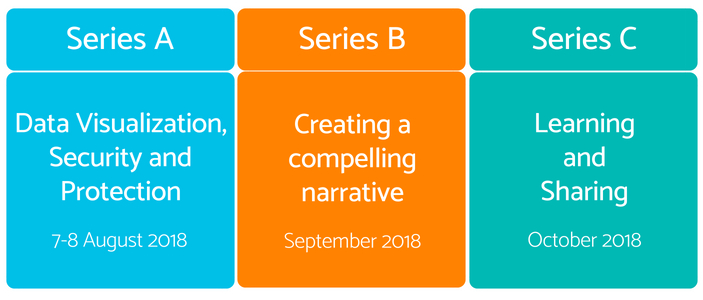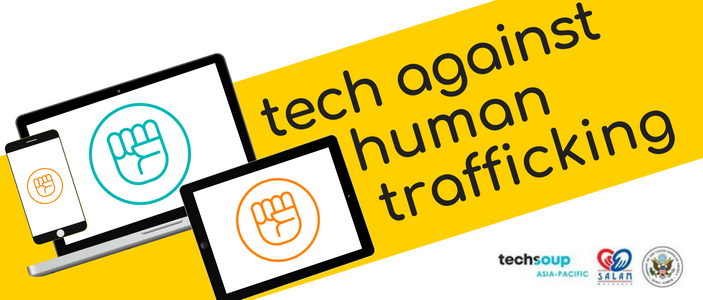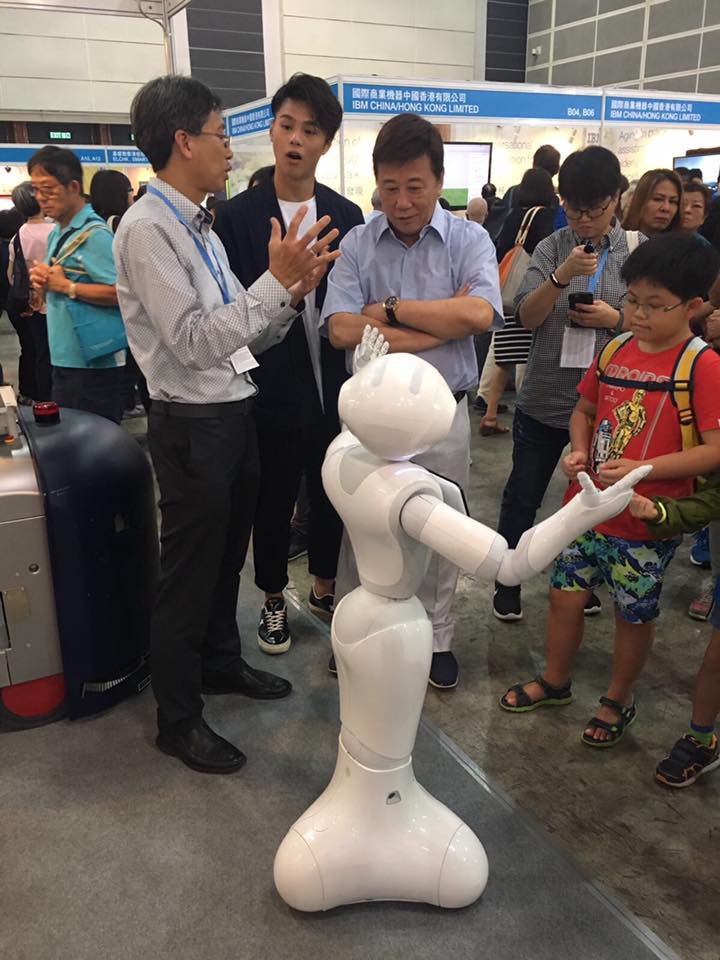In an increasingly globalized and digitized world, ‘organizing for change’ has moved beyond the mere mobilization of people in a physical space, but also the organizing of data and narrative to make meaningful and compelling statements in line with campaign goals. As civil society take their campaigns online to reach a wider audience, it is necessary that they are also equipped with the necessary tools to design a successful and impactful campaign.
TechSoup Asia-Pacific in partnership with Yayasan Salam is organizing a series of workshops to help improve the tech capacity of NGOs working towards combating human trafficking in Malaysia. Through sharing national and regional best practices, knowledge, tools and resources at the workshop, we also hope to strengthen the knowledge pool and network of anti-human trafficking players.
This workshop is the first among a series of workshops that incorporate classroom style learning of theory and hands-on practice (see full agenda here), post-workshop support for participants, and a convening for shared learning and successes of the applications of these tech tools to combat anti-human trafficking.Throughout 3 sessions (see more details below), the workshops will tackle various digital literacy topics ranging from proper utilization of data to digital security.

Currently, the Series A workshop – for Data Visualization, Security and Protection – is already fully booked and is expected to cater for a number of leading NGOs that focus on combating human trafficking. This group will be trained by professionals and experts from both the human rights sector, and the field of data science.
To learn more about the expected content, you may see the agenda for the initial workshop below:
If you are working for, or with, an NGO which you think would be interested in the succeeding workshops, please feel free to contact both Liz Liew at eliew@techsoupglobal.org for more information.





